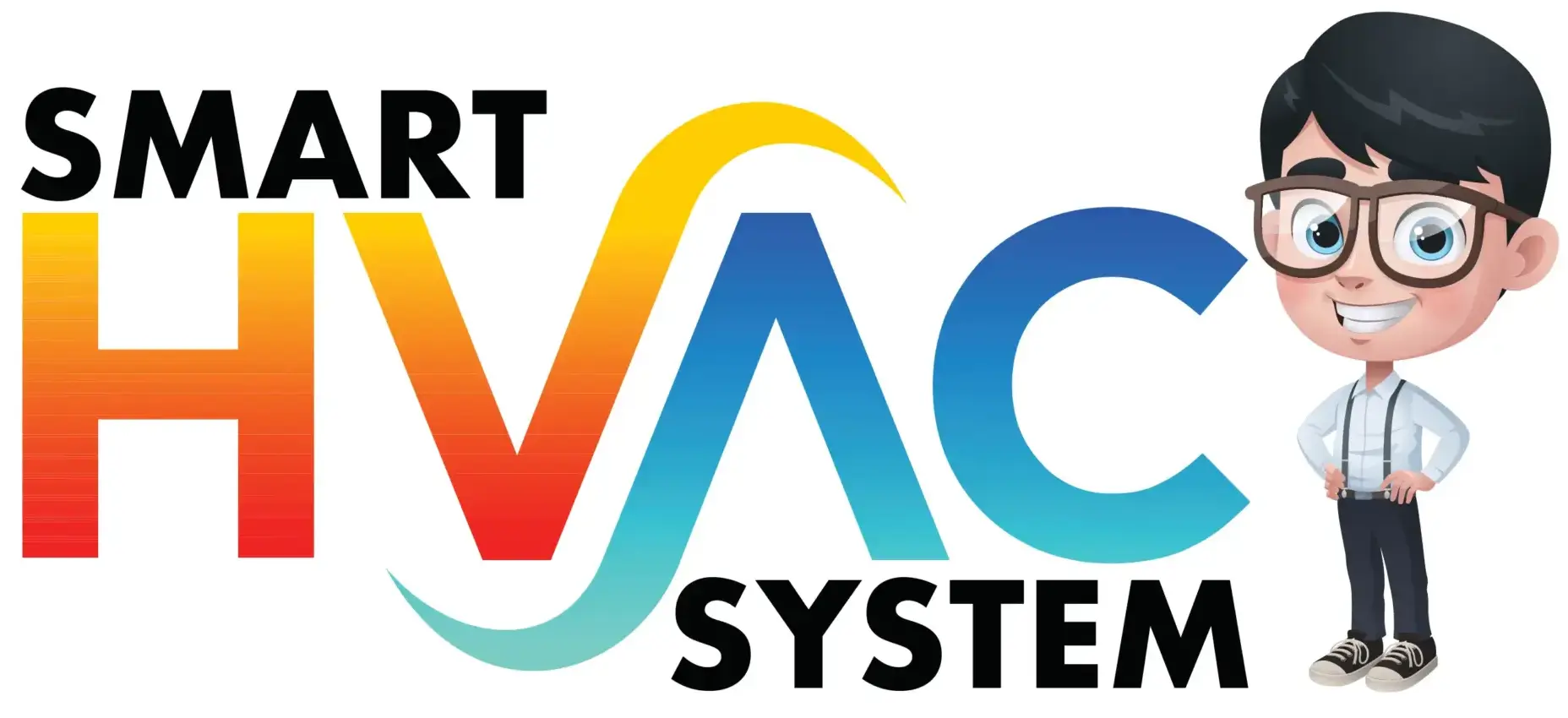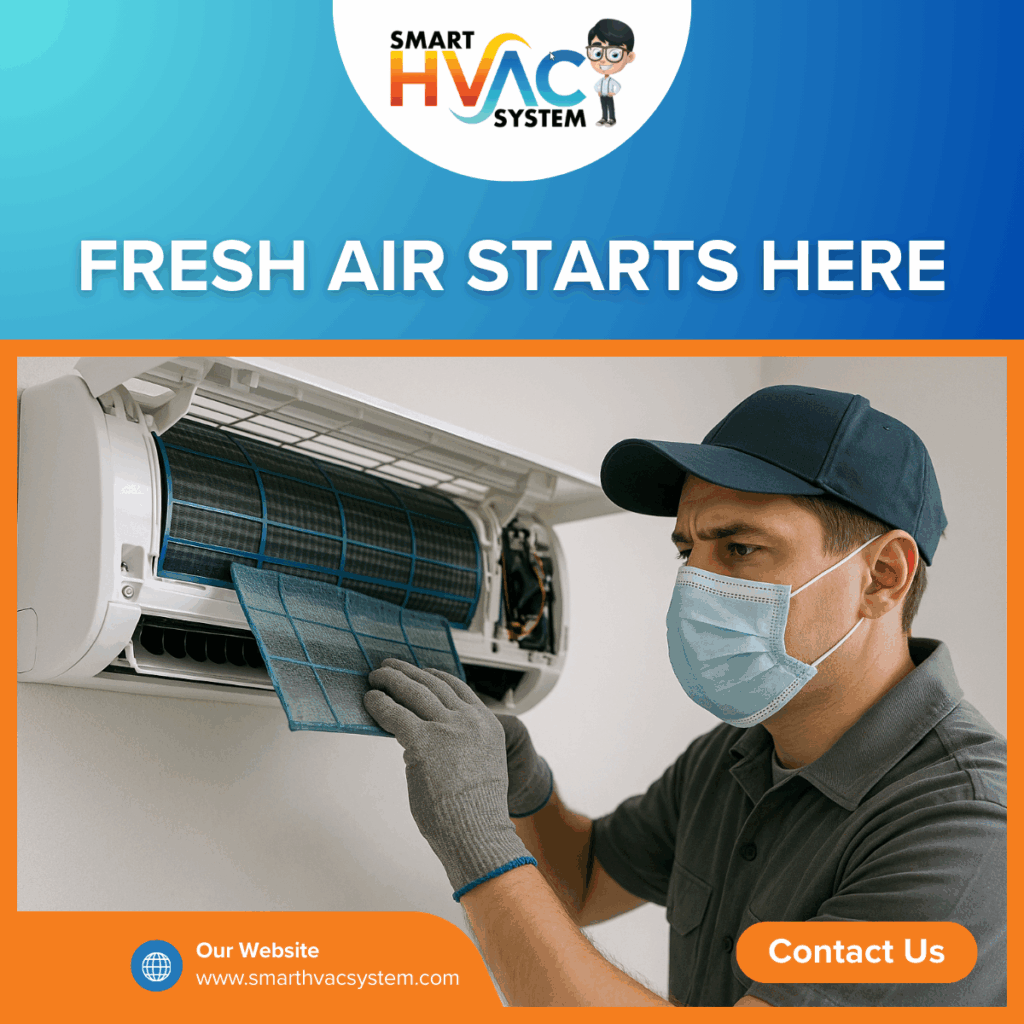Taking care of your air conditioner doesn’t always require a professional. In fact, regular DIY air conditioning maintenance can help your system run more efficiently, reduce energy bills, and extend the life of your unit. However, while there are several tasks homeowners can and should do on their own, there are also some jobs best left to licensed HVAC technicians. Here’s a breakdown of what you can safely handle and what you should avoid when it comes to keeping your AC in top shape.
One of the most important things you can do yourself is changing or cleaning the air filter. A clogged filter restricts airflow, makes your AC work harder, and lowers indoor air quality. Check your filter monthly and replace it every one to three months, especially during heavy use or if you have pets or allergies.
You can also clean the area around your outdoor condenser unit. Remove leaves, grass, and debris, and make sure there’s at least two feet of clearance on all sides. This ensures proper airflow and prevents the unit from overheating. While you’re outside, gently hose off the condenser coils to remove dust and pollen—just make sure the power is turned off first.
Inside your home, check that all vents and registers are open and unblocked. Furniture, rugs, or curtains can restrict airflow and make your system work less efficiently. You can also dust or vacuum the vent covers to keep the air flowing freely.
Another simple but important DIY task is flushing the condensate drain line. This line can become clogged with mold or algae, leading to leaks or system shutdowns. Pouring a small amount of vinegar into the drain line every few months can help keep it clear.
However, not all air conditioning maintenance tasks are safe for homeowners. Anything involving refrigerant should be avoided unless you’re a certified HVAC professional. Refrigerant leaks require specialized tools and handling, and trying to fix them yourself can be dangerous and illegal.
Electrical issues are also best left to the pros. If your system won’t turn on, trips the breaker, or makes unusual noises, it could indicate a wiring problem or a failing component. Tampering with electrical parts without proper training can put you at risk of shock or fire.
Similarly, inspecting or replacing internal components like the blower motor, compressor, or evaporator coil is not recommended for DIY. These parts are delicate and require experience to access and handle safely. Incorrect repairs can lead to more damage and costly fixes.
Finally, for full system inspections, refrigerant checks, and performance testing, schedule professional air conditioning maintenance at least once a year. A trained technician can catch issues early, perform deep cleanings, and ensure everything is running at peak efficiency.
In summary, basic air conditioning maintenance like changing filters, cleaning around the unit, and keeping drains clear can and should be done by homeowners. But when it comes to refrigerant, electrical work, or complex repairs, it’s best to leave it to the experts. Knowing your limits helps protect your system, your safety, and your wallet. With the right balance of DIY care and professional support, you’ll enjoy reliable comfort and better performance from your AC all year long.
READ MORE:

